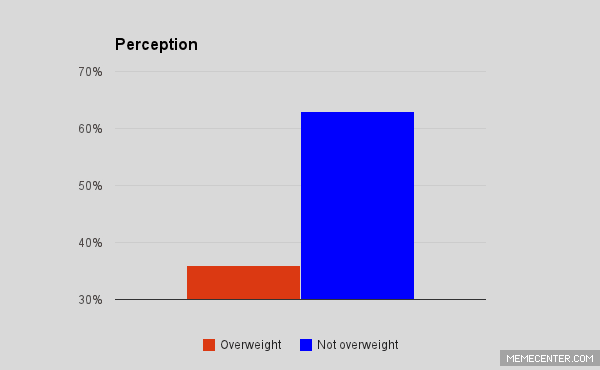NEW YORK—Scott Keatley sits in a beautifully decorated meeting room in NoHo, far away from the people he serves on the northern part of the island. The founder of Nourishing NYC, a small nonprofit, Keatley strives to address nutrition issues in Harlem. Working from the shared office space in the trendy part of Manhattan, he says he manages to lower costs and make his scarce dollars stretch further.
Keatley started the nonprofit in 2008, after moving to East Harlem with his wife. The sheer number of people suffering from nutrition-related diseases shocked them. The existing ways to treat the situation were not sufficient, they thought, so they founded their own organization. Through workshops and food delivery, they try to increase awareness to healthy eating in impoverished communities.
Keatley, like most of the people working in Nourishing NYC, is giving his time to the organization from his heart. He also recently started to study law, a choice he made to further support his organization.
The Epoch Times: Aren’t there enough nonprofits out there? Do we really need another one?
Scott Keatley: It is about justice. There is something in me when I see injustice that makes me upset. I don’t like bullies; I don’t like the haves versus the have-nots. I am not a socialist, but I do not like to see people suffer. Ninety-sixth Street is the sharpest dividing line in the country. You have, above 96 Street, the densest area of diabetes and obesity in the country and below you have the lowest. It is not right. ... Looking at the nonprofits in the area, I did not like the bureaucracy. We want to do as much as we can, whenever we can.
The Epoch Times: When did you first notice something was wrong?
Keatley: I recognized it pretty early on. [East Harlem has] the biggest population of Jazzies (a motorized chair) I have ever seen, and it is all obesity related. As soon as you pass 96 St. on the bus, the bus stops [often] and someone with a wheelchair or a Jazzie needs to come on or off. It took us about another year to figure out what to do about it.
The Epoch Times: Do people in Harlem ever think you are condescending to them, coming from the outside telling them what to eat?
Keatley: There are so many people in New York it is hard for people not to make broad assumptions. I am a young white man in a predominantly Hispanic and African-American community with an older population, and I am coming telling them what to do. So they think I come from money and I am here to save them.
I wish I came from money, and I do want to save them, but my background is not that. I grew up mostly in poorer communities, some rural communities, and some poor urban communities. The life they live, I lived. You have to get past that initial, “What do you look like, what do I look like,” and then get down to the good stuff. Once you gain a little bit of trust, people are wonderful.
The Epoch Times: Is it hard to work with your wife?
Keatley: Of course, it can get stressful when you are not bringing in much money, personal finance. ... Sometimes it is about turning the things you see off. There are great successes, like our junior chef program. But some other times, the people who we were working with for a few years do not make it. Their disease killed them. It comes home with you and it is hard to turn it off. We’ve had a few years of good marriage, so we are doing something right.



